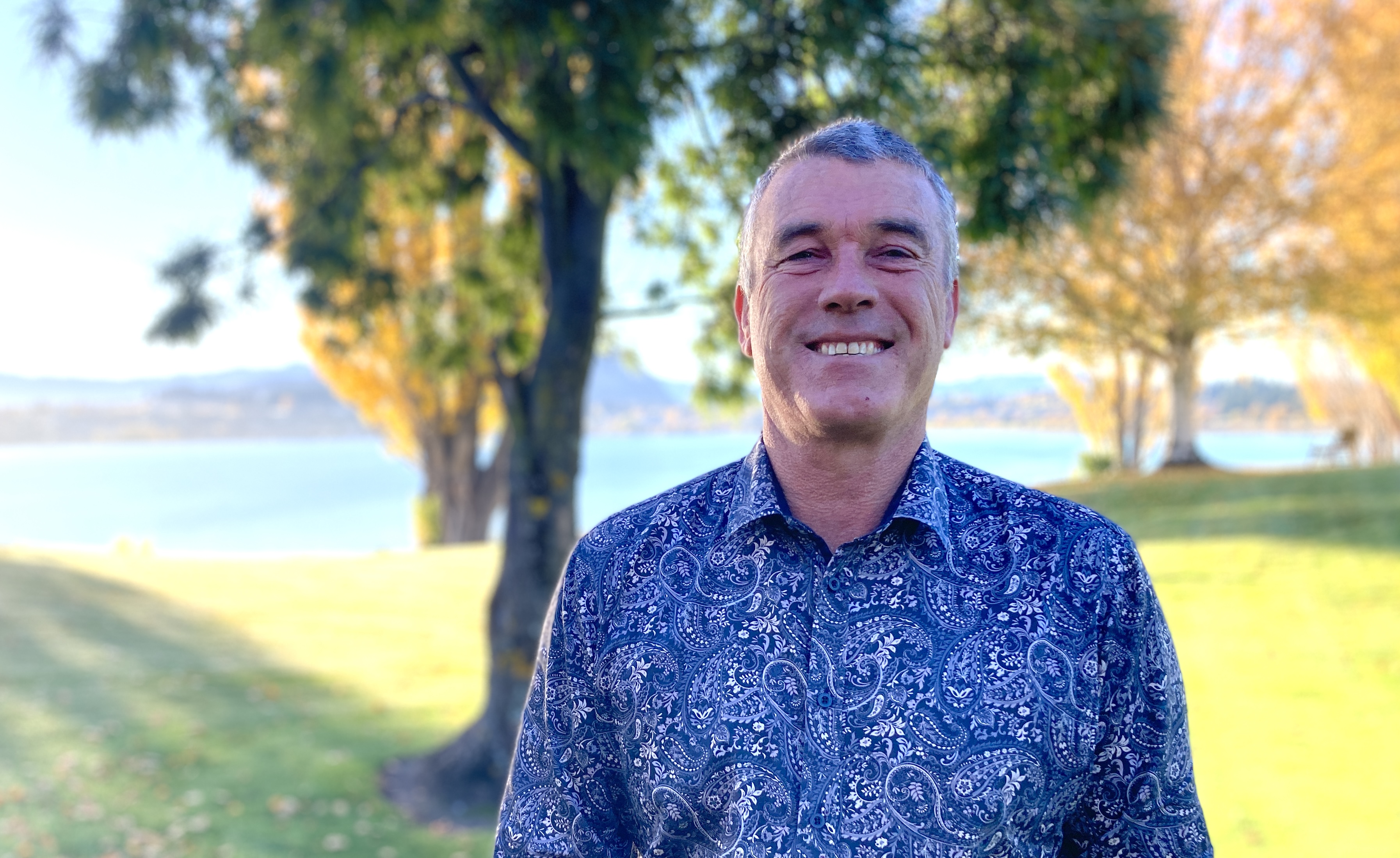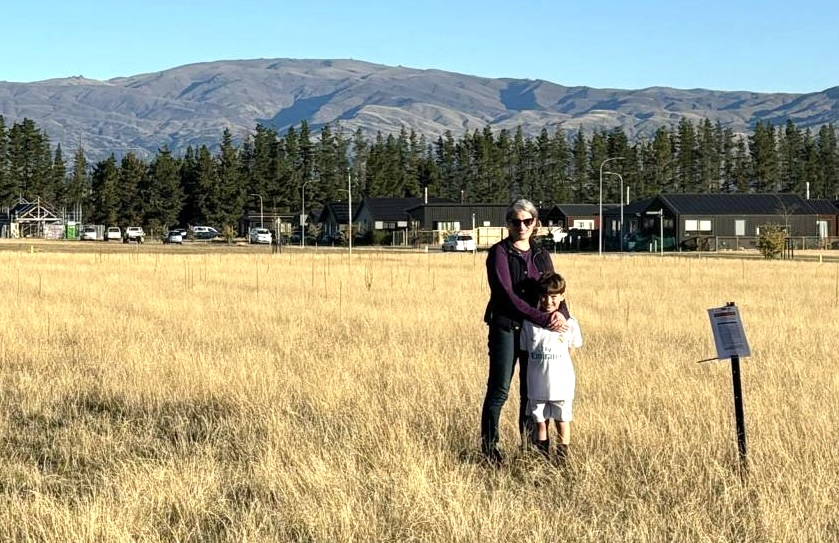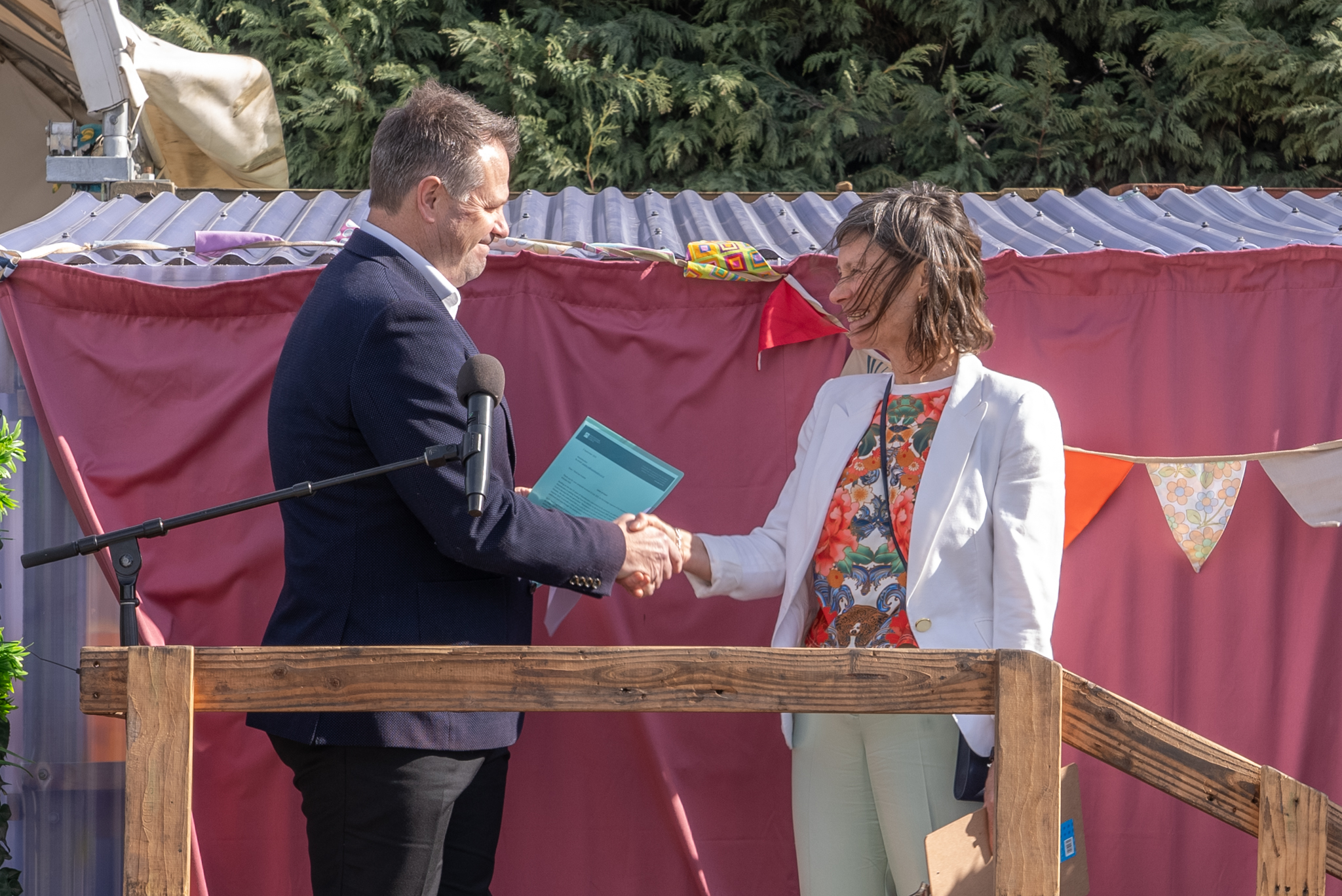Waitaki MP joins fight to protect Lake Hāwea
Maddy Harker
24 September 2025, 5:00 PM
 Waitaki MP Miles Anderson has added his voice to growing opposition to Contact Energy’s proposal to lower Lake Hāwea.
Waitaki MP Miles Anderson has added his voice to growing opposition to Contact Energy’s proposal to lower Lake Hāwea.Waitaki MP Miles Anderson has come out against Contact Energy’s proposal to reduce the level of Lake Hāwea, saying he’s heard the community’s concerns and he’s standing with them.
In a letter to infrastructure minister Chris Bishop, he urged the government not to let Contact Energy’s referral application proceed under the new fast track approvals process.
“...I am writing to add my support in opposition of the proposal alongside the Lake Hāwea community,” he said, citing local concerns about dust, groundwater supply, and unwarranted changes to lake management.
The proposal, submitted in July, seeks to lower the lake’s normal operating minimum from 338 metres above sea level to 336m, and expand the emergency ‘contingency’ range from 336m to as low as 330m.
Miles said the existing two metre contingency “to my knowledge has never been utilised” and said the need to extend it by another four metres “does not seem to be warranted”.
“If the standard operating range is reduced by two metres this could leave residents without water for an extended period in summer,” he said.
“I have seen evidence to support this.”
Concerns about bore failure were echoed by residents at a packed public meeting in Lake Hāwea last week. A 2023 ORC report confirmed that if the lake falls to 330m, it will disconnect from the local aquifer - drying up bores across the basin.
Read more:
Don’t ‘underestimate the fight required’ - Hāwea residents warned
Dry bores and dust storms - community groups raise more concerns over lake level proposal
Miles also questioned Contact Energy’s long-term intentions, saying the company had previously secured consent to generate more electricity from the existing scheme but let it lapse.
“[Contact Energy] has had an opportunity sitting there to generate more electricity using the existing lake volume and flow,” he wrote.
Contact Energy says the proposal is about energy security and contingency planning - an “insurance policy” that would only be used in rare, extreme cases - but that message hasn’t landed well.
Community groups, farmers and councillors from the district and regional councils have criticised the proposal as damaging, with major implications for residents, the environment and the landscape.
Miles noted those same risks in his letter, referencing historic dust issues and bores running dry.
His letter, sent in late August, was bolstered by additional letters from community groups and companies, including the Guardians of Lake Hāwea, the Upper Clutha Angling Club, the Camphill Estates Utility Society (which manages bore water for 37 households), and Glen Dene Companies.
Contact Energy’s proposal is currently at the referral stage of the fast track approval process - a new system designed to streamline projects of regional or national importance, but which limits public input.
If the government gives the green light, Contact Energy will be invited to submit a full application for assessment.
“With all the information available to me, on balance, I feel the [Contact Energy] application should not proceed,” Miles said.
PHOTO: Wānaka App







